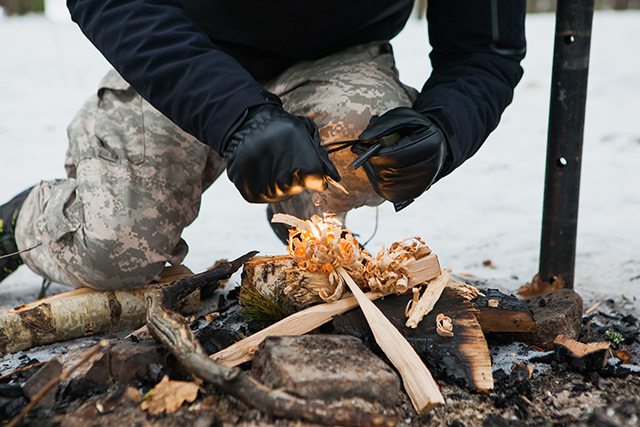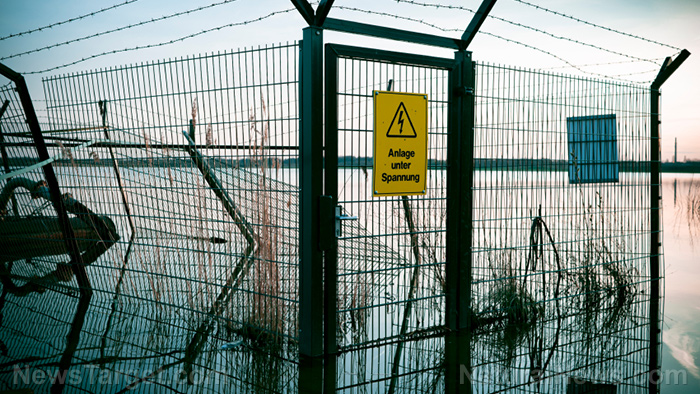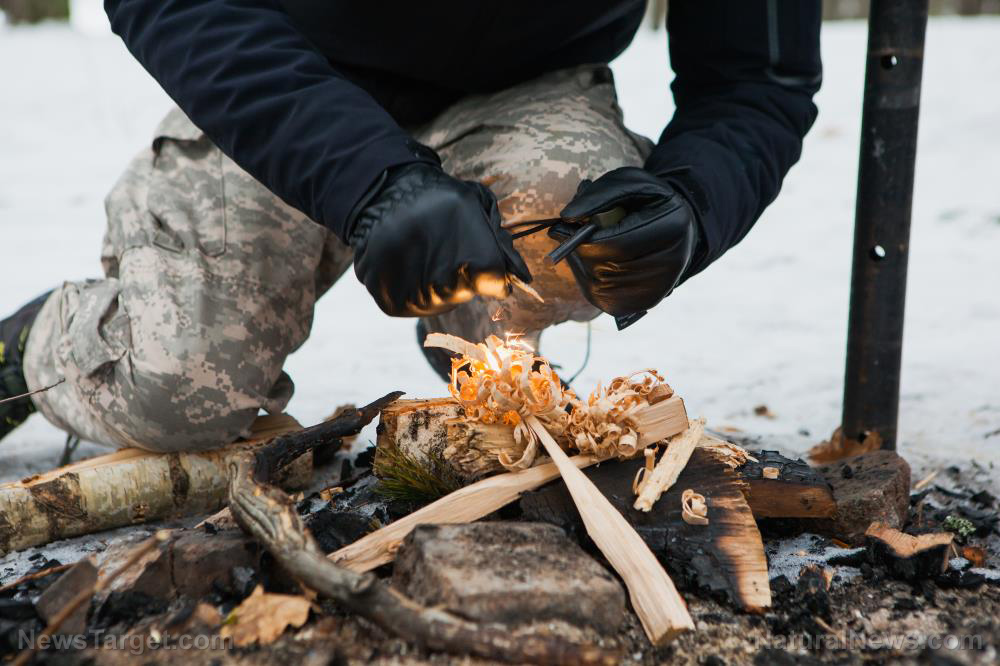The talk: How much should you try to convince the reluctant prepper (and when you should give up)
07/20/2018 / By Zoey Sky

It’s not unusual for preppers to express concern over global events like cyber attacks, an economic collapse or natural disasters. They can all change life as you know it, but not everyone will understand why preppers are worried about these events.
In fact, preppers themselves may have family and friends who don’t understand why it’s important to stay prepared and stock up on survival gear and supplies.
If you’ve ever tried to convince your loved ones to start prepping, you might have received responses that ranged from incredulous to the dismissive. This can be frustrating, especially if you’re talking to them from a place of concern.
Don’t let this stop you from trying again, especially if you really want to convince your family and friends to start prepping before SHTF. (h/t to TheOrganicPrepper.com)
Try to understand why they think nothing wrong can ever happen. Sometimes, people who think prepping is a waste of time can be suffering from “cognitive dissonance,” a psychological phenomenon.
“Cognitive dissonance” was coined by Dr. Leon Festinger and the phrase was first used in his book, titled “When Prophecy Fails.” The book discussed the phenomenon, wherein “when two diverse values collide – the reality of a situation and the moral belief system of the person, it causes mental discomfort that for some people is quite extreme.” Dr. Festinger explained that an individual with cognitive dissonance must change one of these values to so they can restore their “mental equilibrium.”
The theory states that “dissonance reduction” can be achieved in one of three methods:
- “Lowering the importance of one of the discordant factors,”
- “Adding consonant elements,” or
- “Changing one of the dissonant factors.”
He added that the bias can usually explain irrational or destructive behavior.
People with cognitive dissonance may take some convincing before they realize that prepping is crucial to their survival if and when SHTF. Try to do this in “manageable bites” so your loved ones aren’t overwhelmed. (Related: Should you tell people you’re a prepper? Experts say keep your cards close to your chest.)
The prepper talk
When convincing your family and friends to start prepping, don’t go all “hardcore survivalist” mode on them. Here are some tips to get you started:
- Explain how starting a pantry can save money – Common sense can also help them see that prices keep increasing and that this drives home the benefits of their own food supply. When their food supply comes to the rescue, remind them that this is part of what being a prepper is about.
- Give them preparedness-related gifts – If you’re talking to a family member or close friend, a prepping tool can help them prepare for a disaster. Other gift suggestions include an emergency kit for their car with a multitool; a kit with a filter, food, water, and an emergency cooking method; an emergency radio; a rechargeable flashlight; or a pocket survival guide.
- Occasionally send them interesting prepping articles – Send them interesting prepping articles when you feel like they’re in a receptive state of mind, but consider the tolerance of the person you’re using this method on. You don’t want to annoy them until they start ignoring your messages.
- Use fiction as a tool – If you’re talking to a bookworm, appeal to their interests. Suggest prepper fiction like the “A. American Survivalist” series, Max Velocity’s “Patriot” series, or “One Second After.”
- Use movies to talk about prepping – A good disaster movie is another way to convince your loved ones that prepping is useful for different survival scenarios. Discuss how prepping could have helped the characters survive the disaster on-screen, and maybe even in real life.
- Use weather-related events as an example – Since most people have experienced horrible weather at least once in their life, a weather-related disaster won’t seem as far-fetched. Tell them that some regions are prone to earthquakes or tornadoes, and explain that they should at least to have a two-week supply on hand.
Accept their stubbornness
You can’t force someone to start prepping, especially since you need to understand why you prep to be an efficient survivalist. If your family or friends can’t see the need for prepping, accept their decision and move on.
Preppers know that sometimes, you will have to make a difficult decision. It’s up to you if you want to pick up the slack for your stubborn family members or if you’re going to turn them away if they come running to you when SHTF.
Remember, when SHTF, your chances of survival are higher if you’re with people who know that prepping is not a silly hobby but a self-reliant way of life.
You can read more articles about how prepping can keep your family safe when SHTF at Preparedness.news.
Sources include:
Tagged Under: bug in, bug out, Collapse, disaster, how-to, off grid, preparedness, prepper, prepping, SHTF, survival, survivalist




















